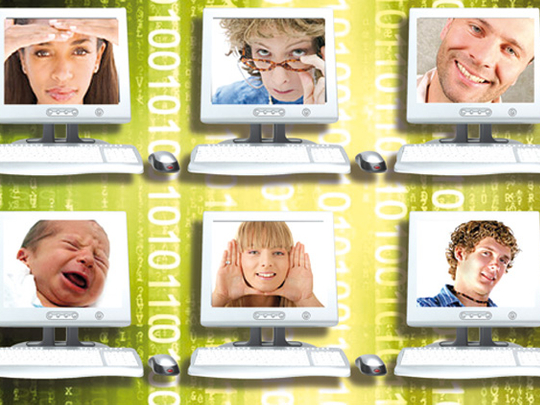
This week in Buenos Aires at a conference about media and communication, El Ojo de Iberoamerica (The Eye of Ibero-America), Joseph Crump, vice-president of planning and strategy of Razorfish, sought to demystify the phenomenon of the digital divide between social classes in South America, particularly among countries in the developing world like Brazil, Argentina and Mexico. This divide, he explained, is non-existent; it is a mistake to think that a certain class could be more into television than computers. The new middle class is digital and at home with the computer; people may turn off the refrigerator but not the computer. Latin America has a very extensive socioeconomic classification system which ranks households from Class A (rich) to class E (homeless).
According to Crump, there is a stereotypical image of members of Class C in Latin America as poor, uneducated, resigned and not inclined to a digital lifestyle, a stereotype that is completely off the mark. Class C people understand that the educational system is awful — and so they are working extremely hard to educate themselves and see the internet and digital media as tools for self-education.
One doesn't need to go as far as Latin America to relate to this — in Deira, Dubai, a cross-section of the population with comparatively lower salaries is just as well-connected online and on their cellphones. If they don't have internet access in the places where they stay, there are any number of internet kiosks where access costs around Dh3 to Dh5 per hour — very cheap compared to a Dh25 pre-paid card one would have to buy to speak with dear ones outside the country.
Another important factor that has enabled greater access to the digital world is the affordability of computers and laptops as compared to, say, ten years ago. The sheer variety in the market is a bonus. No wonder the internet has became a tool of social transformation and a revolution to overthrow stereotypes.











